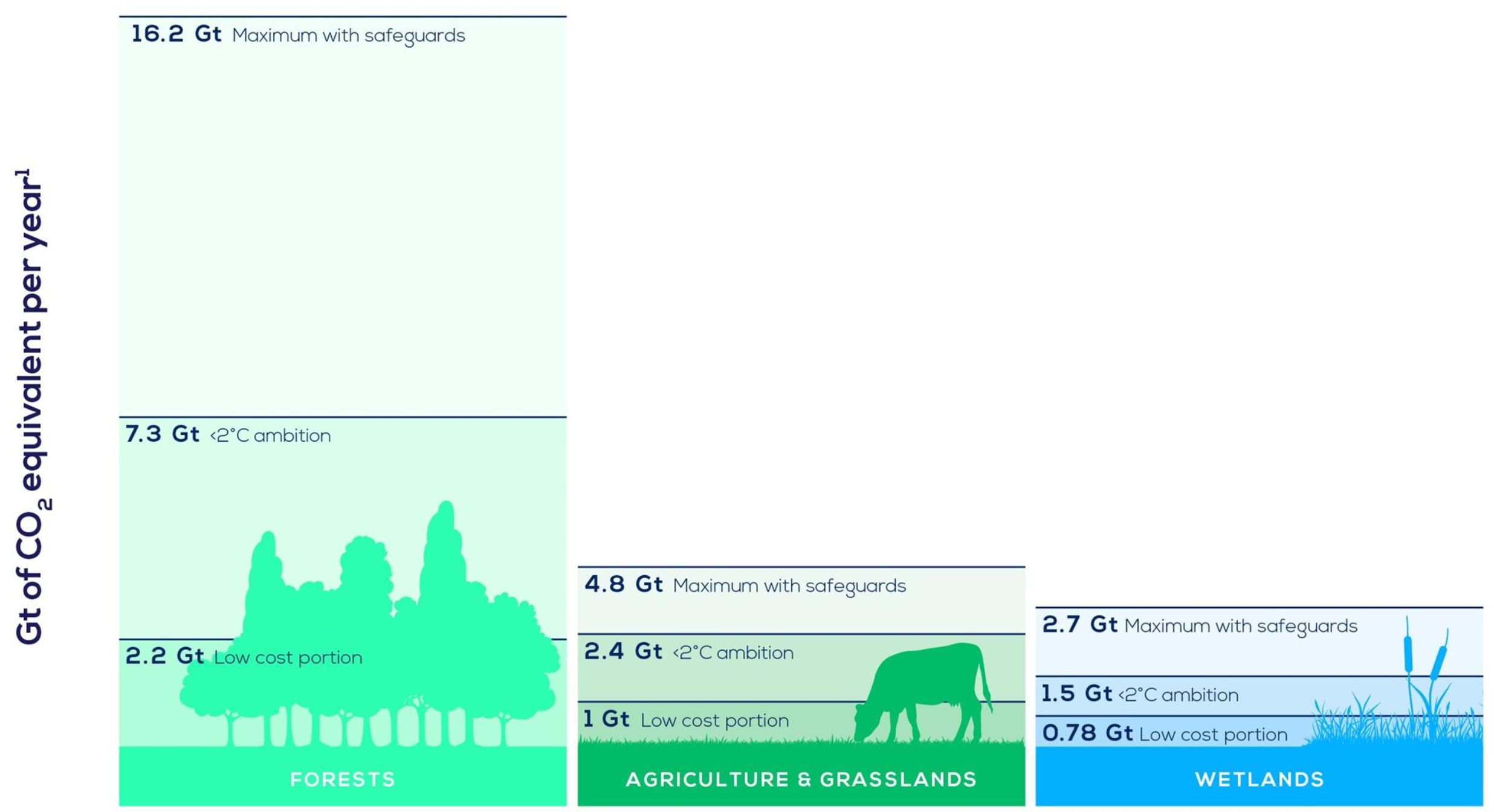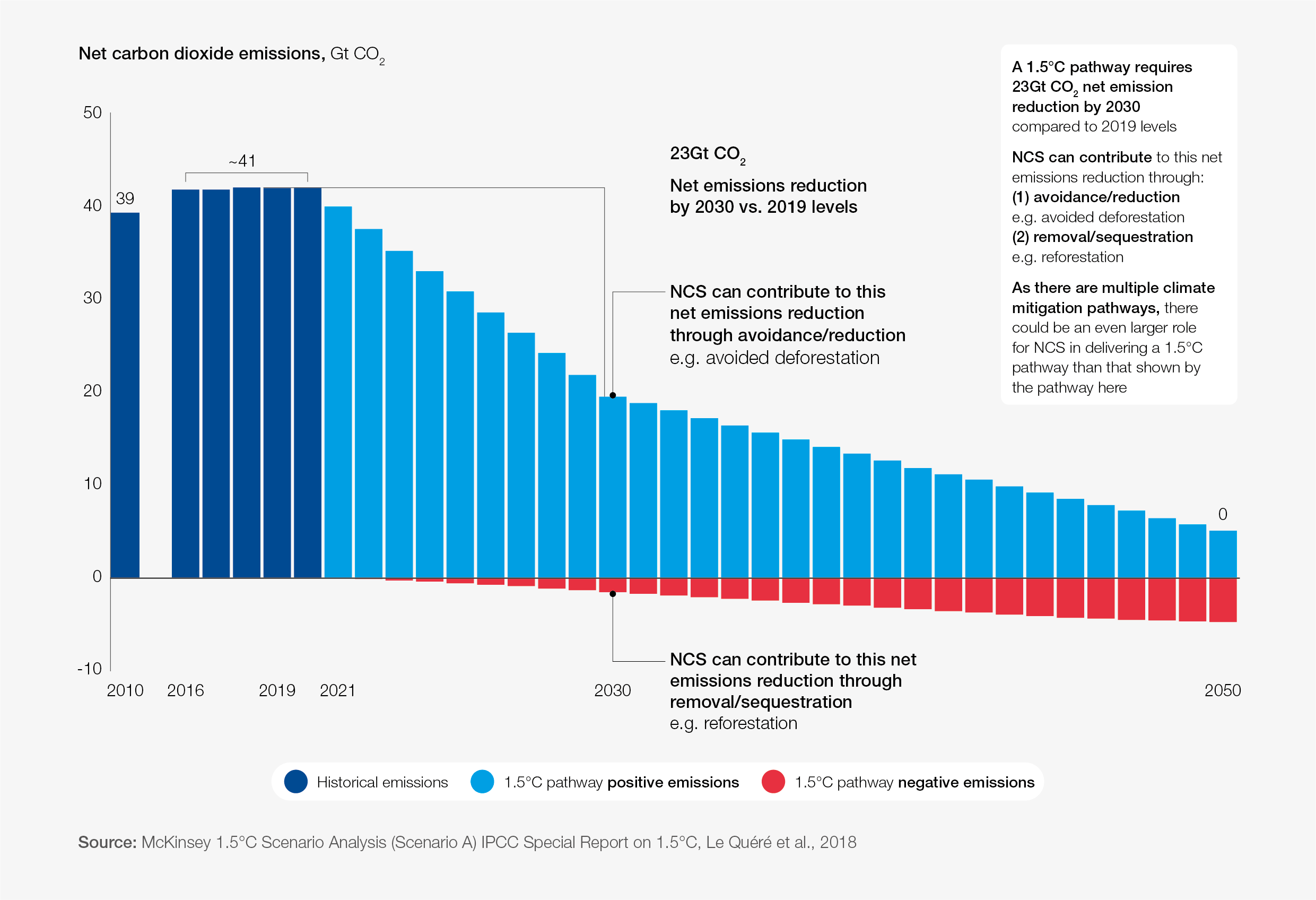Why Public-Private-Philanthropic Partnerships are central to Asia-Pacific's climate action

Image: Etienne Girardet/Unsplash
Luis Alvarado
Head of GAEA / Strategic Public-Private-Philanthropic Partnerships, World Economic ForumStay up to date:
Climate Crisis
- The Asia-Pacific is especially vulnerable to climate change with the region at risk of losing 35% of its GDP due to its effects.
- Public-Private-Philanthropic Partnerships (PPPPs) can help scale up activity and attract funding to respond to climate threats.
- A new report explores the role of PPPPs in Asia-Pacific and how it expands beyond traditional project types and creates innovative funding mechanisms.
In the past 60 years, temperatures in the Asia-Pacific have increased faster than the global mean and are currently rising twice as fast as the global average. By 2050, countries in the region risk losing 35% of their GDP due to climate change. This staggering sum not only affects its long-term prospects but will swiftly undo decades of progress in tackling poverty, improving food security, and advancing overall development.
Globally, the UN has called for ways to urgently unlock and redirect trillions of dollars in financing to meet the need for climate-resilient development. During the first Global Stocktake (GST) at COP28, it was estimated that $5.9 trillion in climate financing is required by 2050. Given the scale of this funding, it will necessarily have to come from a range of sources. Philanthropy is one such source.
Philanthropy, as a concept, has its roots in Ancient Greece and is synonymous with the involvement of private initiatives – often by individuals – for the wider public good. Each era of philanthropic endeavour has addressed the issues of the time, be it support for soldiers returning from war, child poverty, anti-slavery, or healthcare. It is no surprise, therefore, that 21st-century philanthropists are increasingly concerned with addressing climate change and supporting nature.
But, perhaps unlike some of the issues we’ve faced in the past, climate change is global, multifaceted, and nebulous. The activities of the few will have little effect. To address the huge and numerous challenges climate change poses to humanity requires the activity of the many. This has given rise to the concept of Public-Private-Philanthropic Partnerships (PPPPs).
How is the World Economic Forum fighting the climate crisis?
What are PPPPs?
PPPPs are a reimagining of philanthropy. Philanthropy has an important role to play, but rather than addressing a single problem with one funding source, it needs to be employed strategically. In a modern context, the philanthropist often bears the initial risk of a project, and in doing so, acts as its catalyst. From this seed of funds and inspiration, PPPP platforms help scale up activity and attract further funding. They pave the way for the public sector to bring structure, as well as the private sector, which brings innovative technology and sustains the project beyond its initial phase.
For a project to succeed, an evidence-based business case must be developed that supports bankable, long-term, sustainable projects. Achieving this requires systems thinking – taking a holistic approach rather than breaking things down into composite parts – with a focus on achieving nature-positive outcomes without compromising development.
This strength of PPPPs is to create a platform involving multiple participants, and therefore, a diversity of voices. They bring what might otherwise be a disparate collection of entities together and establish common objectives within an organized framework. PPPPs create not just a shared goal, but also a common language and purpose.
PPPPs are built on collective action and typically engage local voices and NGOs, which brings much-needed on-the-ground knowledge and viewpoints to a project, ensuring that the initiative meets specific local needs. This also helps to develop the capacity of the at-risk communities, providing them with skills, tools, and knowledge to pursue the systemic changes that are often at the heart of the solution.
What is the World Economic Forum doing on natural climate solutions?
PPPPs in the Asia-Pacific
In our report Catalysing Climate Action in Asia: Unlocking the Power of Philanthropic-Public-Private Partnerships, we explore philanthropy in the Asia-Pacific, and look at its expansion beyond traditional project types, and innovative funding mechanisms. Through our research, we discovered that climate, education, and health are the most popular areas for philanthropic activity. With climate, the focus tends to be on adaptation and resilience measures, as well as conservation programmes.
There are regional challenges, including a lack of awareness and understanding of applicable, implementable solutions, a lack of structured data collection and measurable outcomes, limited training and relevant skills, and mismanaged expectations, particularly regarding delivery.
PPPPs, with their multi-stakeholder composition and holistic approach, can address some of these shortfalls, helping to develop wider capacity, knowledge, and importantly, a stock of best practices. Expertise is a good example; in bringing together multiple players, PPPPs pool resources, be they human or technological. This is important in the Asia-Pacific context because as we discovered during our research, the region needs to develop a ‘green talent pipeline’. PPPPs offer a platform where, instead of competing for what talent there is, skills, training and knowledge can be pooled for a specific initiative.
At the World Economic Forum Annual Meeting 2024, the Philanthropy Asia Alliance (PAA) organized the ‘Partnering with the Impact Generation to Scale Climate Action in Asia’ session, which highlighted the urgent need for trillions of dollars in annual financing to achieve net-zero emissions and establish a green economy by 2050. The session underscored the potential for philanthropy in Asia to play a crucial role in addressing climate challenges, as well as the importance of corporate, philanthropic, and public leadership in driving systemic change.
In this regard, the World Economic Forum's Giving to Amplify Earth Action (GAEA) initiative has launched an exercise to explore the setting of GAEA Davos Awards, which aim to spotlight successful PPPPs advancing systems transformation in the climate and nature space. They are expected to be announced at the World Economic Forum's Annual Meeting 2025 in Davos, in partnership with PAA, Eleven Eleven Foundation, and other organizations. Awardees will contribute to designing blueprints for successful replication to meet critical climate and nature targets by 2030 and 2050.
Have you read?
The huge potential of PPPPs
PPPPs are in their infancy, but already their huge potential is apparent. As the situation stands, climate-related giving registers less than 2% of global philanthropic activity annually, a figure that is lower still in Asia. The scale of the nature and climate crisis is changing this.
The report’s findings show cause for optimism. Greater involvement from the philanthropic community is essential and funders are increasingly interested in PPPPs as a workable vehicle to make their funds and vision go a lot further.
We’re a long way from the style and scale of the philanthropic activities of the 20th century, but the essence of philanthropy remains strong and is enjoying a resurgence as it transforms into a regional and global tool to meet the challenges of the 21st century.
Don't miss any update on this topic
Create a free account and access your personalized content collection with our latest publications and analyses.
License and Republishing
World Economic Forum articles may be republished in accordance with the Creative Commons Attribution-NonCommercial-NoDerivatives 4.0 International Public License, and in accordance with our Terms of Use.
The views expressed in this article are those of the author alone and not the World Economic Forum.
Forum Stories newsletter
Bringing you weekly curated insights and analysis on the global issues that matter.
More on Climate ActionSee all
Deliang Chen and Gill Einhorn
June 24, 2025
Wen Shugang
June 24, 2025
Liviana Zorzi
June 23, 2025
Bronson Griscom and Susan Cook-Patton
June 23, 2025
Sebastian Buckup
June 23, 2025






